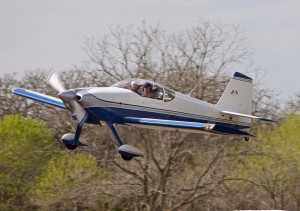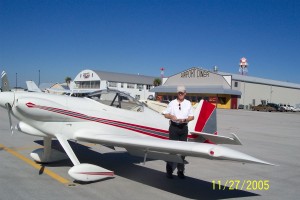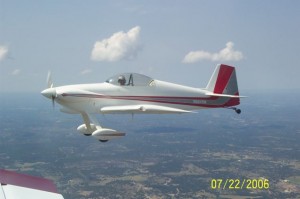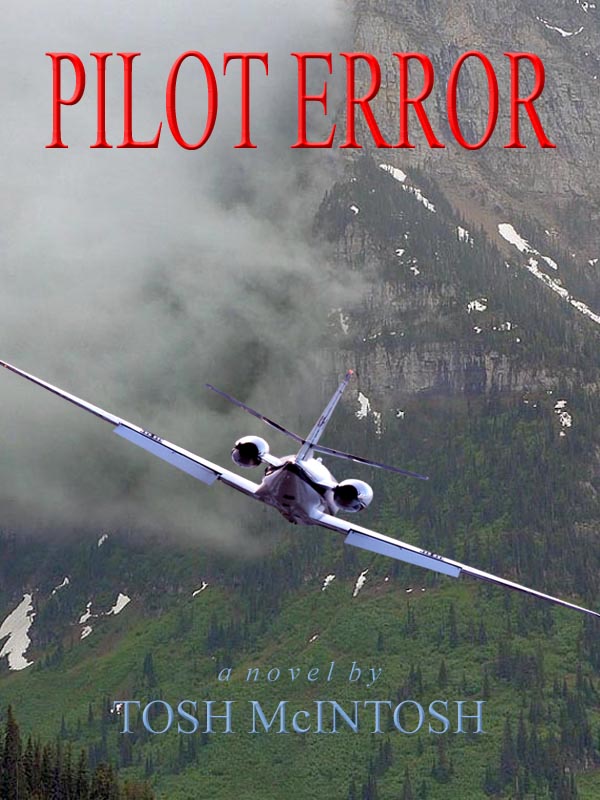Beginnings continues………
No problem, at least until my failure to adjust the pattern creates one. I’m struggling to get the airplane down. Why am I so high? He lets me thrash around in confusion and frustration until he says the magic words, “Go around.” Later he explained his reasoning and the learning objectives for that demonstration.
We had practiced no-flap landings, but only when pre-planned. When faced with a sudden and unexpected configuration change, could I recognize the need to extend the pattern for more room?
On a previous flight we had practiced slips, a maneuver designed to increase descent rate without increasing airspeed. If I failed to enlarge the pattern, did I have the situational awareness to reach in the brain bag for a required pilot skill and solve the problem of being too high, too close to the runway, and with too much airspeed?
I hadn’t had to abort a landing thus far in training. If I failed in the first two objectives and was faced with a situation mandating a go-around, could I swallow false pride and do the right thing?
With “no” answers to all three questions, I learned an important lesson. Or did I?
Upon graduation from college in June, 1964, I arrived home in Dallas, Texas, with a diploma, a private pilot’s license, a commission as a USAF 2nd lieutenant, and a UPT report date of November 15, 1964. Interspersed with a summer job, I proudly sought any opportunity to showcase my newly acquired skills to anyone brave enough to climb in an airplane with me.
All pilots have vivid memories of instances in which critical lessons become forever implanted in our aviator’s psyche and result in the statement, “I learned about flying from that.”
My mom and dad’s best friends lived next door, so I had two sets of parents. My part-time surrogate dad had served as a tank gunner in WWII, and I considered him fearless. He proved it while sitting in the right seat of a Piper Cherokee 140 with me at the controls.
 It’s early morning at a small, uncontrolled airport, calm winds, two airplanes in the pattern for runway 35, the preferred runway with winds less than 5 knots. I taxi out with my #2 dad and takeoff to the north for a sightseeing tour. He owns property in the country and wants to take a look at it from the air.
It’s early morning at a small, uncontrolled airport, calm winds, two airplanes in the pattern for runway 35, the preferred runway with winds less than 5 knots. I taxi out with my #2 dad and takeoff to the north for a sightseeing tour. He owns property in the country and wants to take a look at it from the air.
Two hours later we return to the airport. Like a good fledgling pilot, I monitor the local frequency. The absence of radio traffic and visual clearing confirm no other airplanes are in the pattern. I set up for landing to the north, determined to show my passenger that I have got this flying stuff wired.
As so often happens with that insidious altered perceptive state known as “tunnel vision,” I fail to consider that a fickle Mother Nature might have changed the wind. Into the landing flare I settle, and it seems to be lasting forever. Floating along just above the runway, do the lessons of private pilot training come to my rescue? Am I ignoring them because I don’t want one of my heroes to think any less of me?
I touch down way too far down the runway and we depart hard surface at the departure end. I manage to stop the airplane just short of a barbed wire fence. (Texans call it “bob wahr,” but that’s another story.) The propeller has done a really nice job of mowing a swath through three-foot high Johnson grass.
Neither of us says anything. When I can once again take a breath and move my hands and feet, I do a 180 and taxi to the parking ramp. We climb out, he thanks me for the flight and leaves the airport.
Post-flight inspection reveals green stains on the prop and grass packed into the landing gear and wheel pants. The tires could be mistaken for those on a commercial mower. I clean up the evidence and decide at that moment in my career never  to forget that lessons, no matter how effectively taught, can fade with time. Learning never ceases.
to forget that lessons, no matter how effectively taught, can fade with time. Learning never ceases.
In the immediate aftermath I hoped he didn’t recognize how much I screwed up and how abnormal the landing was. By that evening I knew better. But he never mentioned the incident because he didn’t want to embarrass me any more than I already was.
Good fathers, real or substitute, are like that. I miss them both.


